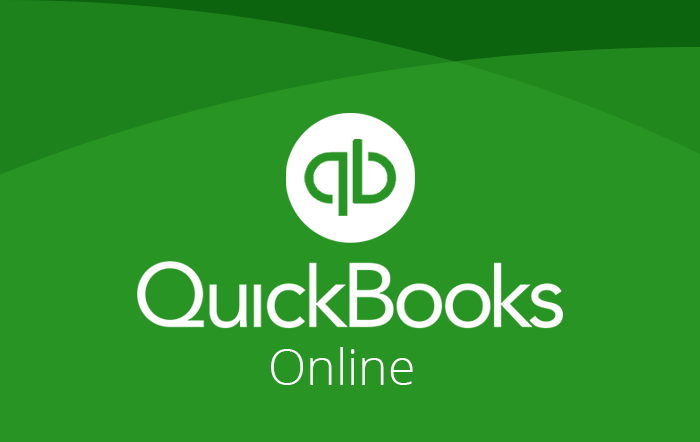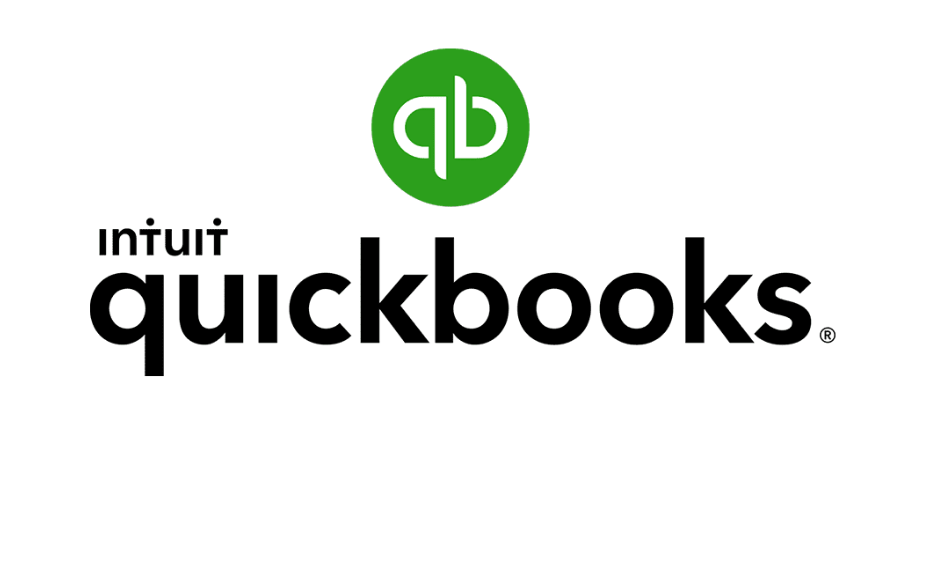Many people have chosen to leave their job and become self-employed. They now work remotely from their home.
This is a popular trend in today’s economy. It’s exciting but there are tax implications, of course, that should be considered.
If you are planning to start your own small business, you need to know the difference between a contractor and an employee. Let’s start with definitions:
- Employee: On the company payroll and receives wages and benefits in exchange for doing their job correctly.
- Contractor: An autonomous, independent worker who does not receive health insurance and paid time off.
If you are now a “contractor” or self-employed, note the following:
- A contractor is compensated by form1099-NEC. Form 1099-NEC, Nonemployee Compensation, is a form that solely reports nonemployee compensation. Form 1099-NEC is not a replacement for Form 1099-MISC. Form 1099-NEC is only replacing the use of Form 1099-MISC for reporting independent contractor payments.
- A self-employed contractor needs to pay the Self-employment (SE) Tax. The SE tax consists of Social Security and Medicare taxes for individuals who work for themselves. This tax is both Social Security and Medicare taxes for individuals who work for themselves. The tax rate is 15.3% and consists of 12.4% for social security and 2.9% for Medicare.
- Retirement: There are five self-employed retirement plans: Traditional or Roth IRA, Solo 401(k), SEP-IRA, SIMPLE IRA, or Defined benefit plan. Working for yourself, you need to set up your retirement plan. Interested in potential tax implications as to which plan suits your needs best? – contact your tax advisor.
- Health insurance: Self-employed individuals must choose their health insurance plan. It could be Blue Cross, HMO, PPO, Signa, United Health Care, or any one of many options. ***
- Estimated tax payments: This is a method used to pay income tax and is not subject to withholding. This income includes income from self-employment, interest, dividends, rents, and alimony. Self-employed individuals who do not have taxes withheld from other taxable income should make estimated tax payments. Other income may include unemployment compensation and the taxable part of Social Security benefits.
Individuals who are employed by a business or organization typically have the following:
- Compensated by Form W2. As an employee, your wages and your share of Medicare and social security tax are reported on your W2.
- Retirement: Businesses may offer a retirement plan such as a 401(K) and/or Roth for employed individuals. Employers may even match the employee contribution up to a certain percentage (depending on the plan set up by the employer).
- Medical insurance: The most common employee benefit is medical or health coverage. It covers medical appointments, checkups, ER visits, basic medical procedures, and surgical procedures.
- Prescription benefits: Lower co-pays for medicines and no-cost prescriptions are included. There is a list of the available medications with tiered pricing for prescription drugs.
- Life Insurance: Usually it is group-term life insurance. The employer extends life insurance coverage to all staff members and is in effect for a set period. It lasts for the time that the employee works for their employer. It costs less than individual insurance policies.
In addition, there are many more benefits that can be included in a company employment package such as paid time off, paid sick leave, paid vacation time, extended leave, family leave, disability, and worker’s compensation.
AK Burton, PC can help define what becoming an independent contractor means to you and the steps needed to set yourself up for successful tax preparation. Our experienced tax preparers can file your business and personal tax returns and represent you to the IRS. Call us at (301) 365-1974 for a consultation.
We serve the Bethesda, Rockville, and Montgomery County, MD area.
*** For more information, visit the IRS website.









